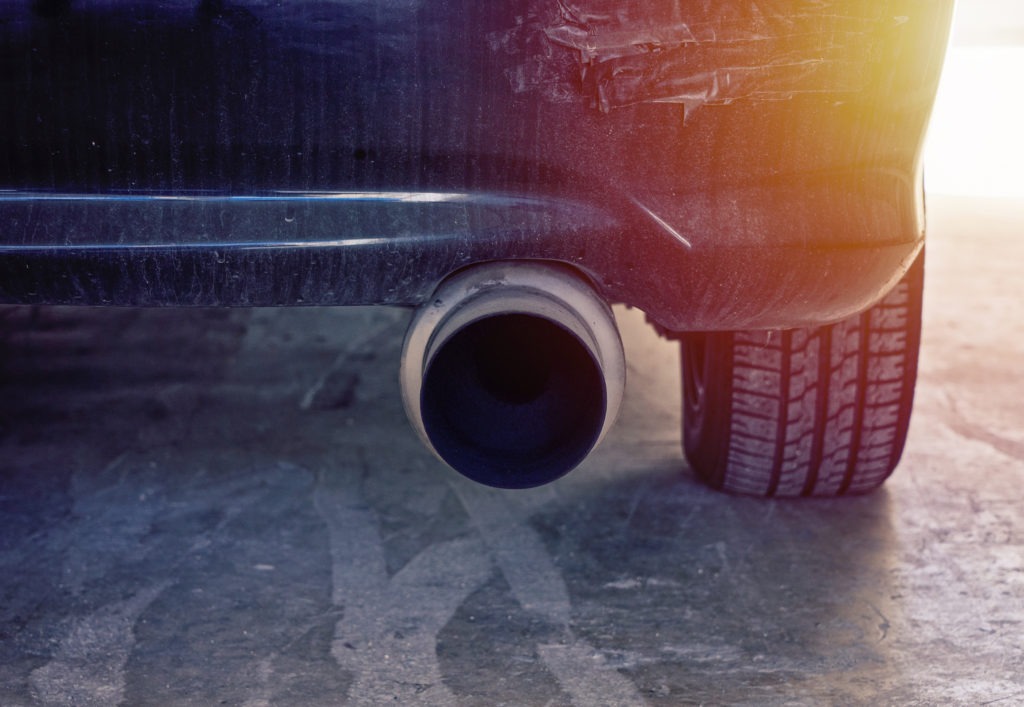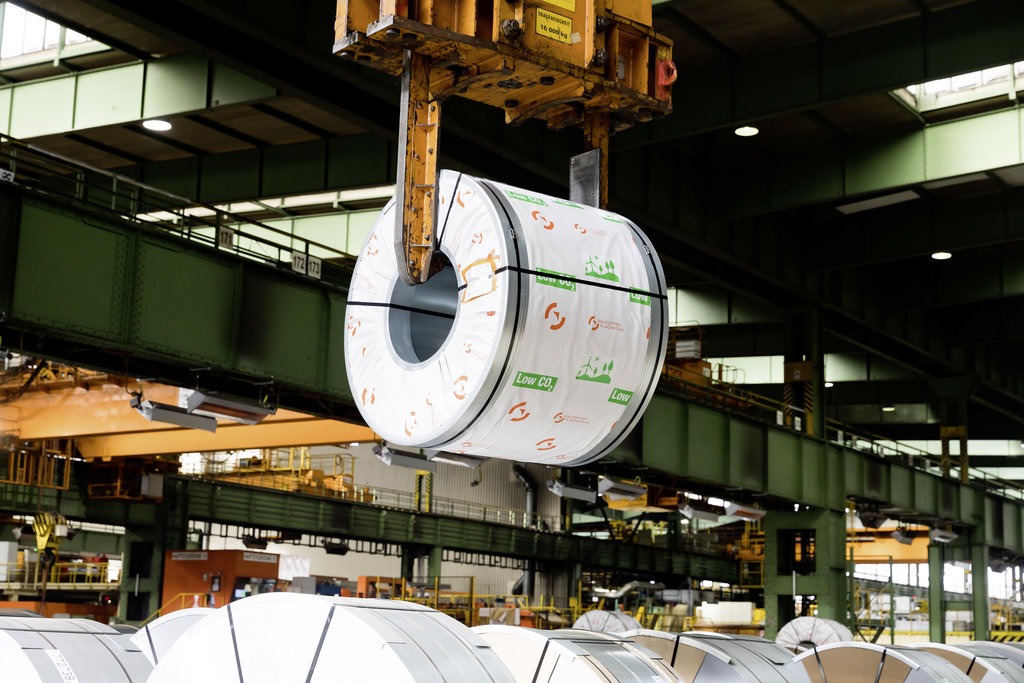Call for EU French Presidency to reconsider role of ICE vehicles and low-carbon fuels
31 March 2022

Road-transport organisations are calling for the role of internal-combustion engine (ICE) vehicles and low-carbon fuels to be urgently reconsidered within electrification strategies. The bodies include FuelsEurope, the European Association of Automotive Suppliers (CLEPA), and the eFuel Alliance.
In an open letter to the EU French Presidency, signatories commended the 2050 climate-neutrality target. Acknowledging that road transport represents 19% of the bloc’s CO2 emissions, the representatives identified the need for combined efforts from all stakeholders to meet the 2050 deadline.
However, how the industry attempts to achieve this goal is where the organisations found themselves at odds with the EU’s current trajectory. Pointing to a seemingly singular focus on electrification efforts, representatives outlined insufficient low and zero-carbon power production and electric-vehicle (EV) charging infrastructure in member states.
Additionally, there are ongoing geopolitical uncertainties to consider when it comes to the availability of raw materials. So, the joint letter lays out a series of questions and solutions to highlight the potential of ICE vehicles and low-carbon fuels to support the electrification of road transport.
Integrate ICE engines
The letter’s first question asks why renewable and low-carbon fuels are not being integrated into the EU’s climate-neutrality policy approach. It claims biofuels produced exclusively from sustainable sources, or e-fuels made from low-carbon energy and recycled CO2, could be used by an efficient ICE vehicle. The organisations state the emissions savings would be at least equivalent to those made by an electric car powered by renewable electricity.
Next, the letter considers the position of 300 million ICE cars already on the roads, which could be used to accelerate decarbonisation. ‘These fuels will allow an immediate contribution to the reduction of CO2 emissions from vehicles in circulation, thereby accelerating the emission-reduction potential compared to the reductions expected from the sole progressive renewal of the vehicle fleet,’ it reads.
However, this positive spin on e-fuels has been heavily criticised by environmentalists such as Transport and Environment (T&E). A video posted online by the group points to the fuel as a ‘fake green solution’. It claims the likes of e-fuels are simply an attempt to rescue a huge market for oil companies while allowing engine manufacturers to go on building parts. The results of a study published at the end of last year told a similar story.
Losing fossil fuels
The road-transport organisations also considered what would happen to the EU’s job market should internal-combustion engines be completely foresworn. The letter asks why the EU would put 500,000 jobs within the European automotive value chain at risk by banning ICE vehicles instead of a phase-out period accompanied by the integration of low-carbon fuels.
The representatives point to ICE vehicles and hybrids in particular as a necessary complement to the electrification of road transport. ‘The latest engines meet the most stringent standards in terms of emissions of pollutants: real-driving emissions tests carried out with renewable and low-carbon fuels demonstrate that emissions are well below the limit values set by the EU,’ they wrote.
Furthermore, Europe’s ICE technology leadership is a position the transport sector bodies are not keen to give up. They point to other regions like China where technological openness remains a leading principle. As countries outside of Europe work under less stringent rules and regulations, the potential for others to get ahead is something the organisations are clearly concerned about.
The bodies also tried to explain why long-term regulatory visibility is required to utilise renewable fuels in the energy mix. Scaling up production requires massive investments across the industry. This makes a strategic framework of coherent policies essential, in particular one which exceeds the outlining of the Renewable Energy Directive.
The road-transport value chain is even recommending a methodology capable of accounting for renewable and low-carbon fuels in CO2 emissions standards. Warning against abandoning internal-combustion engines, the representatives believe a strategic approach that recognises the potential of these fuels is the way forward.
‘This scheme, voluntary in nature, allows automotive manufacturers to sell vehicles like hybrids even beyond 2035, while guaranteeing their climate neutrality. Also, customers would benefit from a broader range of carbon-neutral and affordable mobility options,’ the organisations explained.



